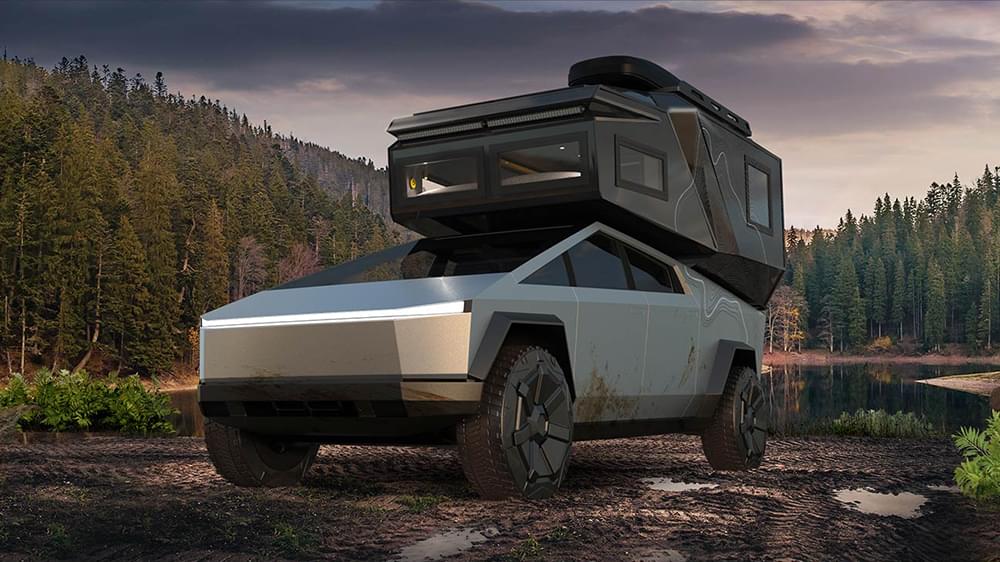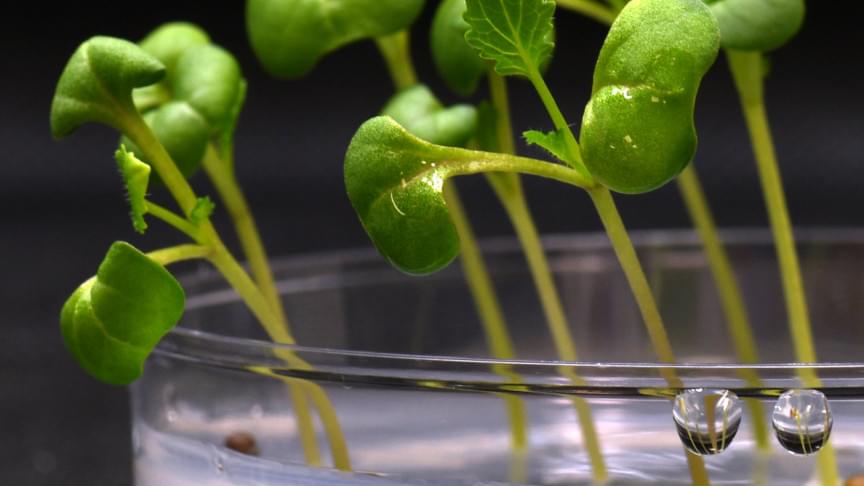Why we need to adopt an abundance mindset.
Peter Diamandis shared an email blast about dire headlines that keep us on edge: the war in Ukraine, food and gasoline prices, climate change, and the neverending pandemic. Getting away from bad news is difficult, it appears, because of the way we are wired. Mass media feeds the bad far more than the good.
In his missive, Peter talks about Matt Ridley, a zoologist, who wrote and published The Rational Optimist in 2010. The book takes a profoundly optimistic view of human progress, a counterblast to the prevailing pessimism of our day. Ridley coined the phrase “moaning pessimism” to describe the current state.
The following summarizes Peter’s talking points joined by some editorializing on my part. I welcome your optimism, less so your pessimism in any comments you wish to share with my subscribers and casual visitors and readers.
Is there any reason for optimism today asks Peter? A glance at current headlines is enough to set anybody on edge. And with an endless media stream of bad press that includes online and hard copy, it’s hard to be optimistic. What makes all of this worse is that evolution has shaped us to be acutely aware of danger so the bad gets larger mindshare than anything good and our ability to appreciate the positive that is happening is compromised.








